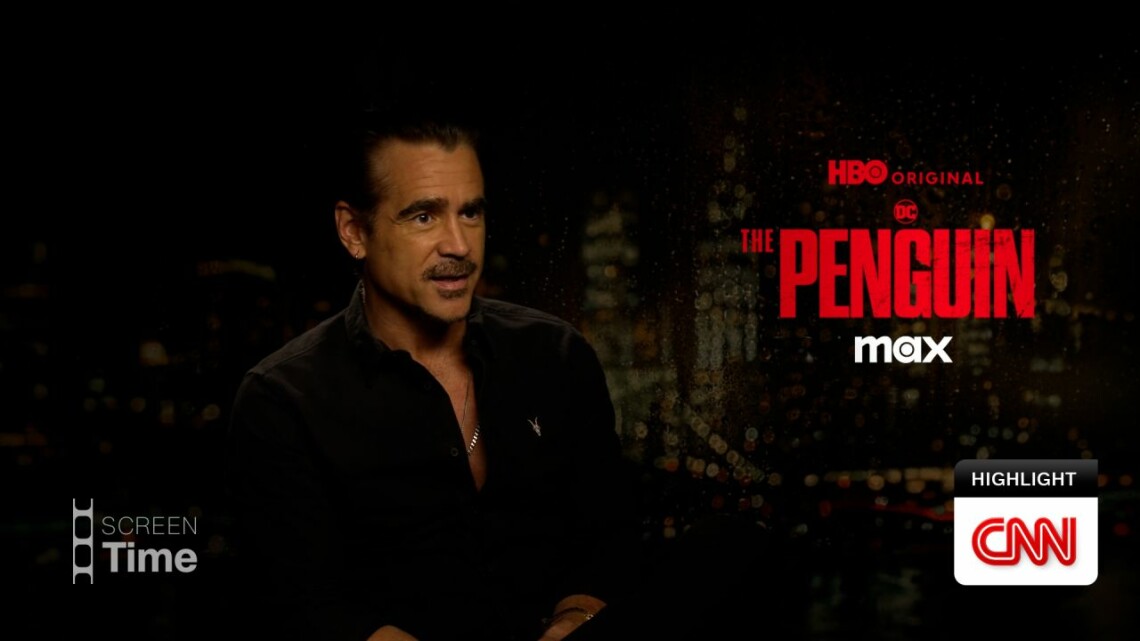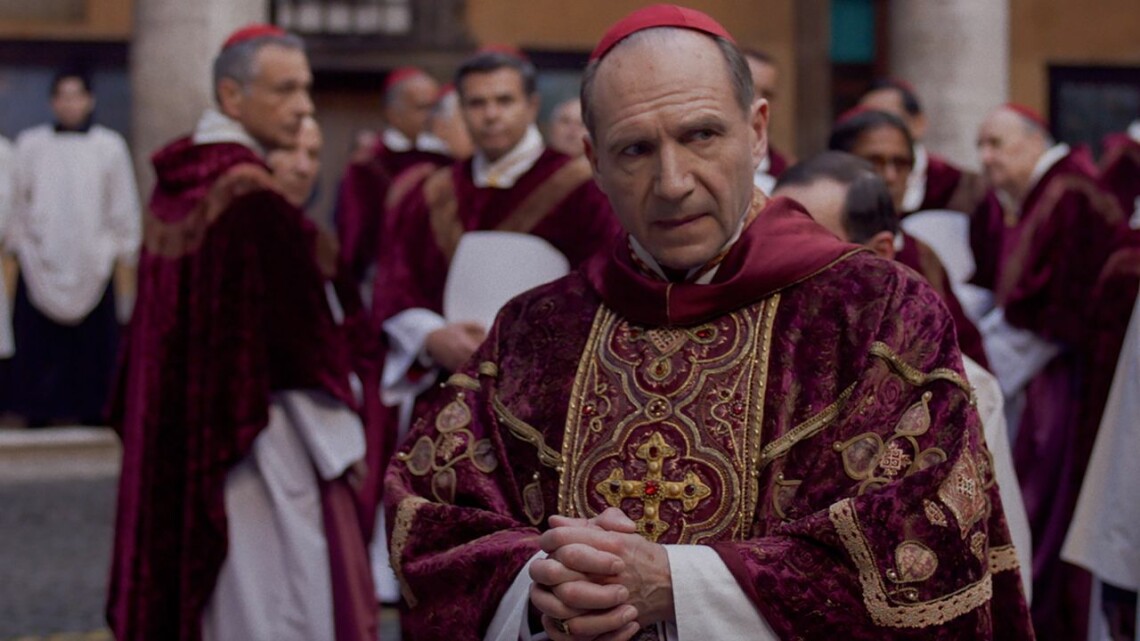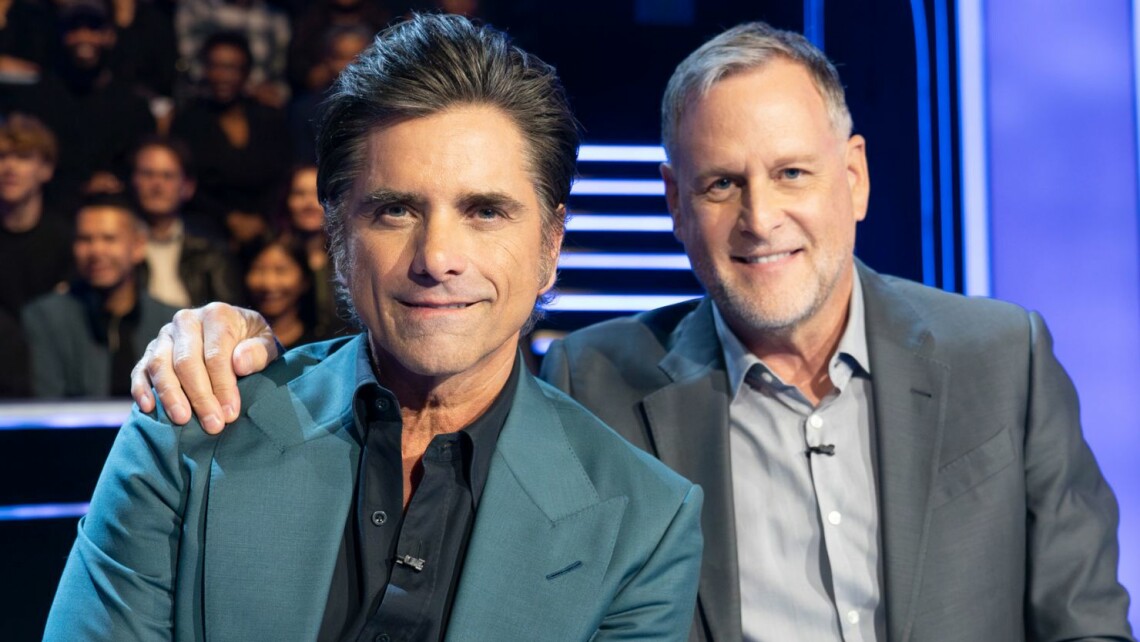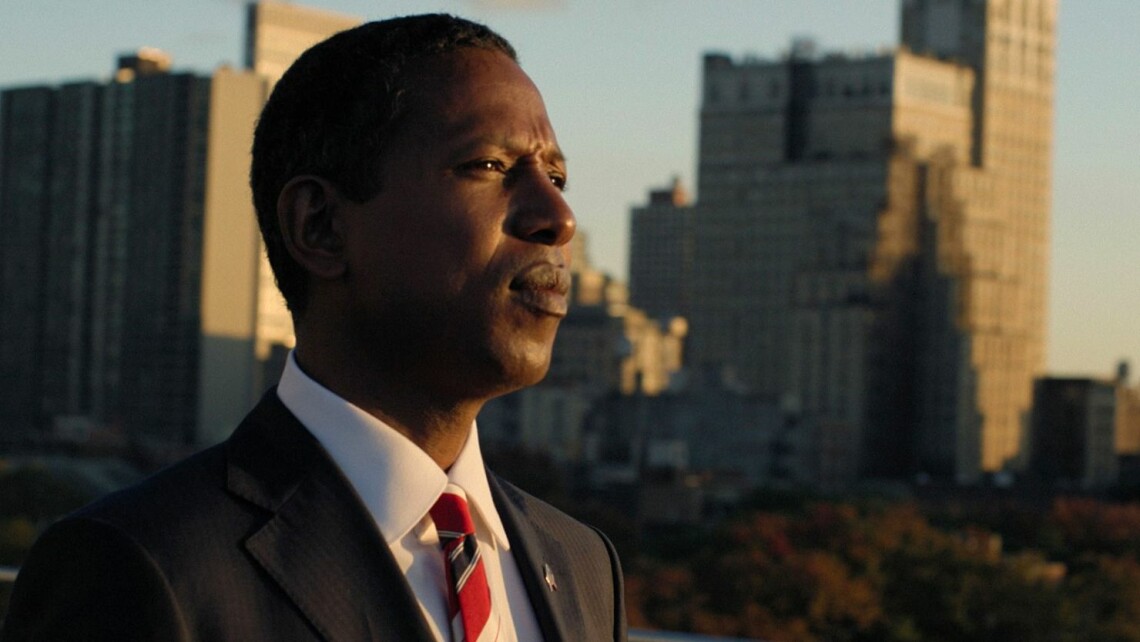Colin Farrell discusses the shocking finale of 'The Penguin': 'It was truly, truly ugly'

When our conversation wrapped, Colin Farrell took the reins. He beckoned me aside in the bustling junket room. His curiosity was piqued about the conclusion of "The Penguin." "I know it was dark," he remarked, eyebrows arching with concern. "But did it cross the line?"
We talked in September, shortly after the series premiere, when few had fully grasped the depths to which HBO's "The Batman" spin-off would plunge (HBO, like CNN, is under the Warner Bros. Discovery umbrella). The grimness was expected: life was expendable, Arkham Asylum a pit of despair, and Gotham's institutions riddled with corruption. Standard fare for a tale in the Batman realm. Yet, as Oz Cobb's journey from the slums to the criminal apex unfolded, the narrative embraced an even bleaker tone. Viewers witnessed fratricide, attempted infanticide, and a disturbing kink involving Oz’s mother—more shocking than it sounds. The climax was the killing of Oz’s confidant, Victor Aguilar, delivering episode eight its most harrowing moment.
Months after filming, Farrell remained visibly affected. The day they shot that scene was the hardest, amidst a lengthy production disrupted by the SAG strike. "Honestly... it's just acting, and I've done it long enough. You shed your costume and return to life. But certain scenes cut deeper," he reminisced.
Victor, portrayed by Rhenzy Feliz, was ensnared in Oz’s orbit after a botched car theft in episode one. The orphaned teen, a casualty of "The Batman," was groomed by Oz for more perilous assignments, proving unwavering loyalty. Their bond was among the few in "The Penguin" that didn’t oscillate between fidelity and treachery every few scenes. But once Oz outmaneuvered the Falcones and Maronis, Victor became a loose end, tying Oz to his past and his cherished mother. Victor had to be eliminated. In a moment of triumph, Oz strangled him on a park bench with a panoramic view of the city, staging the death as a mugging.
“We had ample time to brace for that moment,” Farrell shared. “The journey between Oz and Victor, and the friendship we cultivated, was profound.” The atmosphere on set was somber, he noted, with everyone deeply invested after spending a year together. “Despite knowing it was fiction, the scene's darkness and injustice were palpable.”
“We expedited the process,” Farrell continued. “The crew was sharp, and we moved swiftly. But it was profoundly ugly.” The scene, beginning with Victor expressing gratitude to Oz and recognizing him as family, culminates in his desperate pleas while dying. It's a raw, relentless depiction, evoking the shock of notable TV deaths like Christopher Moltisanti’s in "The Sopranos" or Hank’s in "Breaking Bad."
Victor’s demise, like Moltisanti’s, stems from self-interest. “Family: It’s your strength. Yet, it makes you vulnerable,” Oz muses, hand clenching Victor’s throat. “I can’t afford that weakness.”
Despite his revulsion, Farrell admitted understanding Oz’s rationale. “Love’s pain lies in vulnerability and tenacity,” he reflected. “Parenthood reveals the extremes of protecting a child, even contemplating murder, while also exposing one to unimaginable hurt.”
Oz’s grim decision to eliminate a vulnerability rather than safeguard it—while keeping his comatose mother alive in grim conditions—strips him of any Robin Hood or Pablo Escobar persona he imagines. “He tells Victor, ‘Envision being the man who aids others and makes a tangible impact,’” Farrell explained. “It’s central to his identity, a sincere desire to help, born from his own struggles with poverty.”
Yet, Farrell concluded, “when choosing between self-preservation and altruism, he invariably chooses himself.” By series end, Oz’s selfishness is evident. Alone atop his empire, with nowhere higher to climb, The Penguin’s descent is inevitable. We await "The Batman Part II" in 2026 to witness his fall.


